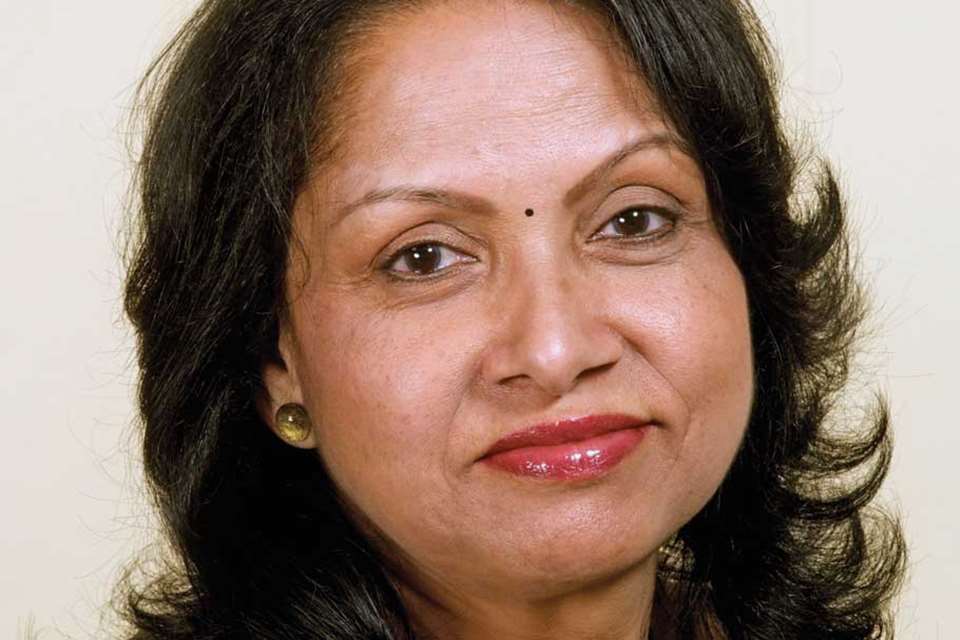Much still to clarify on funding plan
Monday, August 22, 2016
First reactions to the consultation for the proposed Early Years National Funding Formula highlight the fact that a number of unanswered questions remain.

First reactions to the consultation for the proposed Early Years National Funding Formula highlight the fact that a number of unanswered questions remain.
However, the document acknowledges that the current system is ‘impossible to justify or explain’ – an admission which has been welcomed.
Sarah Steel, who runs the Old Station Nursery group in Oxfordshire, Berkshire and Gloucestershire, said she is set to get a rise in funding but it was still ‘no incentive’ for offering the 30 hours. She added, ‘I’m pleased the DfE has recognised there's a problem. A year ago Sam Gyimah was saying, “What problem?”
‘The formula addresses the inequality, but I think the rates in some areas are going to be disappointing.’ Regarding charges for additional services such as food, Ms Steel said there needed to be ‘enough scope for flexibility’ to make such charges.
Neil Leitch, chief executive of the Pre-School Learning Alliance, said that moving towards a universal base rate was an ‘undoubtedly positive step’ for private, voluntary and independent (PVI) providers.
The Alliance also welcomed the proposal to limit the proportion of funding a local authority can retain, particularly given that the latest DfE statistics suggest that ‘more than half of local councils currently exceed this amount’.
But he said the Government has ‘no idea’ what the true cost of delivering childcare is, with the worry that the funding boost does not go far enough.
He said it is also ‘incredibly disappointing’ that the consultation has started so late in the year, adding, ‘Even more worryingly, once the consultation closes there is little over six months for not only the DfE to analyse and provide a response to consultation feedback, but also for local authorities to consult on their own local funding formulas and have these in place by April 2017.’
Keith Appleyard, treasurer of charity Fiveways Playcentre in Brighton, is expecting more money, but said the sum quoted for his area is not enough to get him offering the 30 hours.
He added, ‘There are some useful ideas with the area adjustments, but with all the permutations you need a degree in economics or accountancy to understand it all, and there's still too many unknowns to be able to make proper plans. It still doesn’t seem to be enough to see more nurseries signing up to pay the “real” Living Wage.’
Liz Bayram, chief executive of PACEY, said, ‘We’ll need to better understand how the five proposed areas for funding supplements could work, but a focus on supporting settings with higher staff costs such as those in London, rural childcare and flexible out-of-hours childcare is positive.’
SEND FUNDING
While the Government has recognised that special educational needs and disabilities (SEND) provision must be better funded, there is concern that this will be based on which children are in receipt of Disability Living Allowance (DLA).
It is believed that some children with disabilities do not access the benefit, partly because of the complexity of the application procedure.
Mr Leitch said the reforms in this area should be carefully thought out to ‘ensure that funding gets where it is needed’.
He added, ‘While the new SEND grant, for example, is positive in theory, the decision to base eligibility solely on a family's receipt of [DLA] may limit its reach.’ In addition, planned changes to high needs funding would need to be ‘joined up’, as part of a ‘clear plan’.
NURSERY SCHOOLS
Despite July's assurances from the previous childcare minister Sam Gyimah that the new regime would allow nursery schools to ‘flourish’, there appears to be little reassurance in the consultation.
It states that the Government wants to ‘minimise disruption and reassure maintained nursery schools on their position’, before announcing that their current funding levels are only protected for two years.
‘To do this, the Government will provide supplementary funding of £55m a year to local authorities for maintained nursery schools for at least two years,’ it states.
‘This additional funding takes account of maintained nursery schools’ current costs and will provide much needed stability to the nursery school sector while they explore how to become more sustainable in the longer term, including exploiting scope for efficiencies.’
Maintained nursery schools, which totalled just 405 countrywide at the last count, are more costly to run than private settings, but both will be subject to the same base rates.
According to 2015 DfE data, the average hourly amount of funding received by nursery schools per child was £7.19, with a range from £6.98 to £16.71.
There has been sector speculation that supplements could potentially be spent on the additional cost of employing qualified teachers, but this would need to be specifically argued for.
The National Association of Head Teachers (NAHT)union said though current levels will be protected for at least two years, it would be wrong to drop to the national base rate thereafter.
Valentine Mulholland, policy adviser at the NAHT, said, ‘This is a mistake given the significant costs nurseries face in delivering high quality early years education, especially for children from disadvantaged backgrounds.’
The DfE did not respond to a request for comment.
THE MAIN PROPOSALS
The national funding formula will create a base hourly rate, which will be the same for all local authorities
Variations in the cost of providing childcare across the country will be reflected in an area cost adjustment, bringing the national average rate up from £4.56 to £4.88 per hour, including the average Early Years Pupil Premium spend
This will be based primarily on the area's labour market measure adjusted for premises costs (based on rateable values)
The base rate will make up 89.5 per cent of the funding
A free school meal eligibility supplement will be weighted at eight per cent, with English as an additional language at 1.5 per cent, and Disability Living Allowance at one per cent
From 2018/19 local authorities will be expected to pass on 95 per cent of the funding they receive to providers, starting with 93 per cent in 2017/18
Two-year-old funding will rise from an average of £5.09 to £5.39 nationally
The funding will not cover consumables such as meals, drinks and nappies, and providers are free to charge parents, but it should not be a compulsory charge







